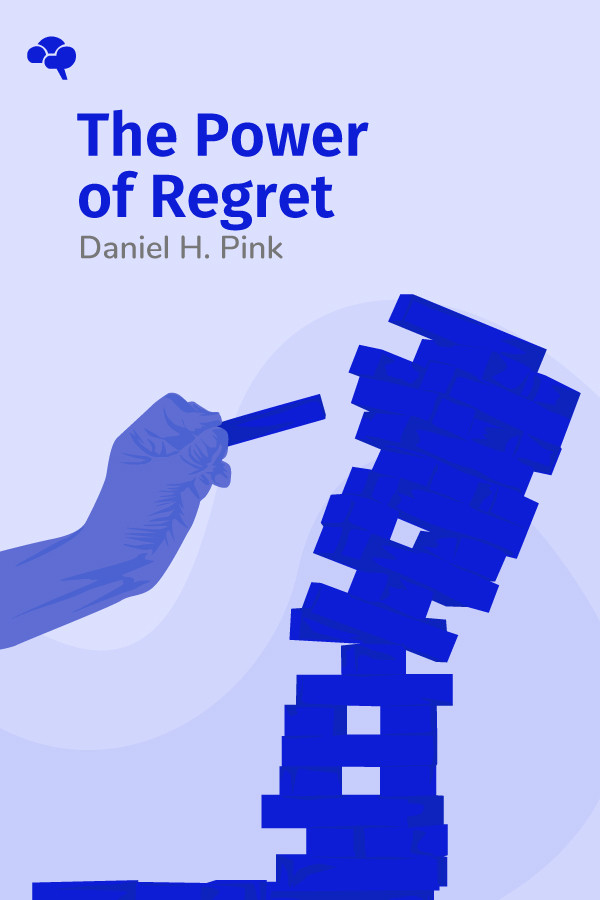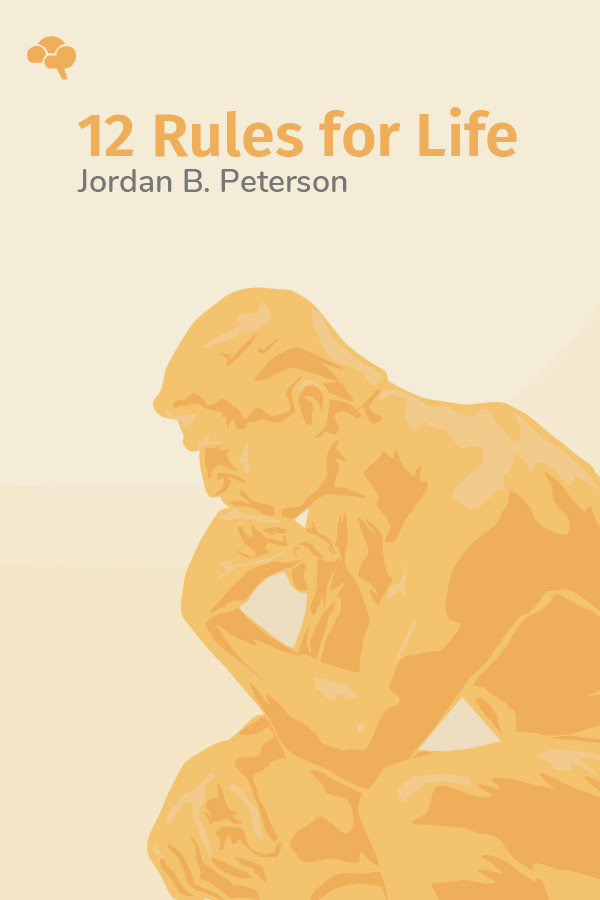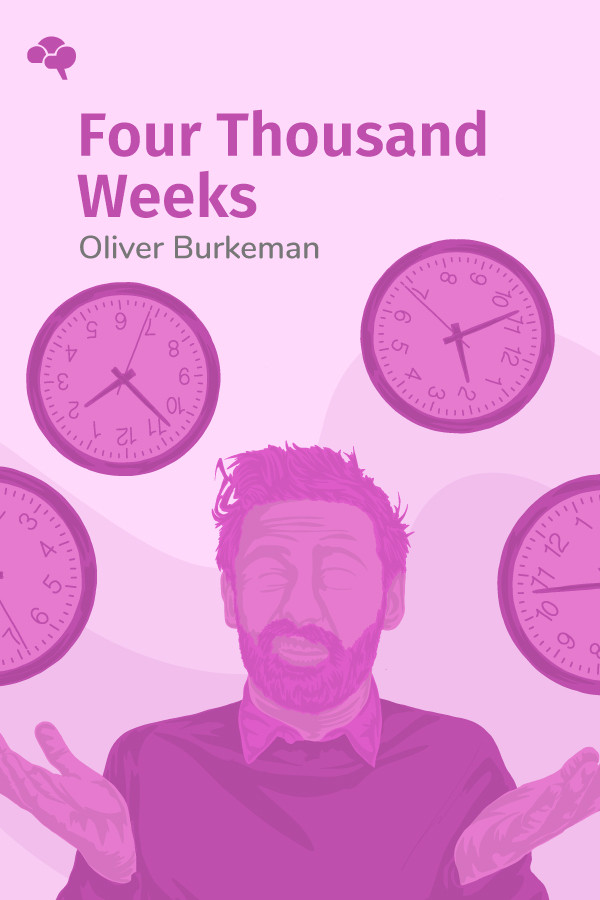

What You'll Learn:
I wish I didn’t worry about what other people think.
My deepest regret of my fifty-two years of life is having lived it fearfully.
I spent too much time trying to meet other people’s ideas of normal.
I regret not being kinder to people. I was too often concerned with being right instead of being kind.
These are a handful of responses that people submitted to the World Regret Survey, which collected some 16,000 regrets from respondents hailing from 105 different countries. A common response to regret is to “let it go,” but according to serial bestselling author Daniel Pink, who spearheaded the World Regret Survey, the “no regrets” approach to life is untenable. Regrets keep us connected to our humanity and give us the opportunity to become better than we were before. In The Power of Regret, Pink examines the findings of the World Regret Survey, follows up with 100 of the respondents for in-depth interviews, and combines his discoveries with several decades of research on the subject of regret. Regret is an emotion as powerful as it is misunderstood, and Pink submits that it carries the potential to make us better.
Key Insights:
- The “no regrets” mantra has its appeal but is bankrupt at bottom.
- Research reveals some unexpected perks to regret.
- All regrets spring from failures to meet four basic needs.
- Your feelings of regret will help you think and act clearly if you don’t bury them or glorify them.
- Self-disclosure, self-compassion, and self-distance help you blaze a trail out of the mire of regret.




